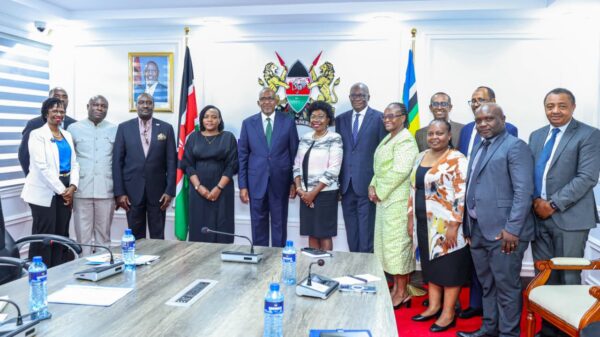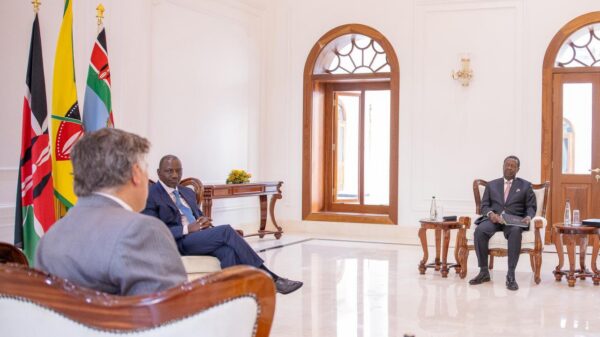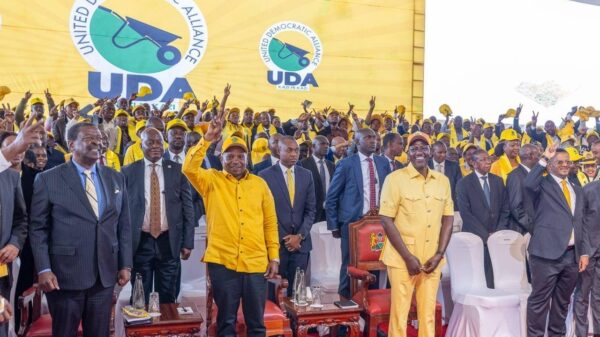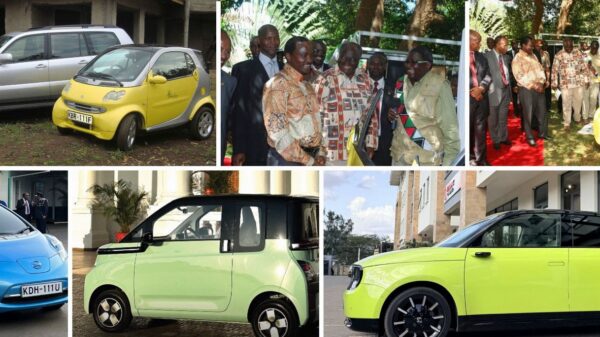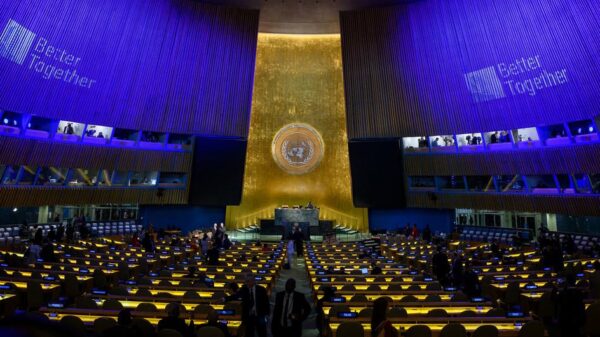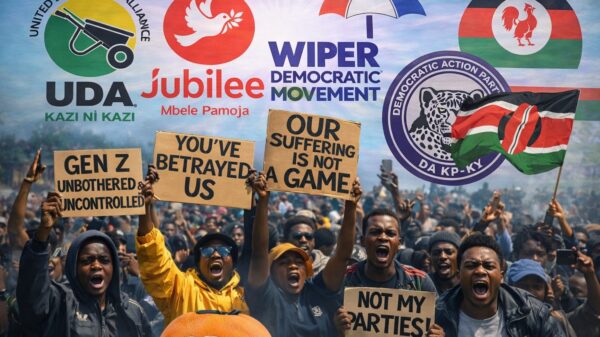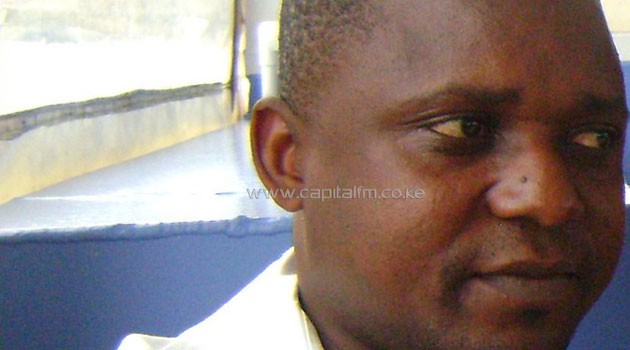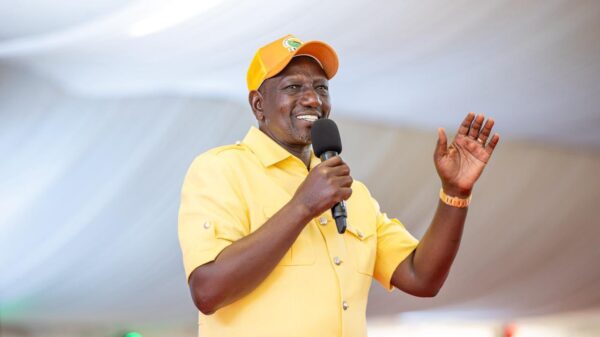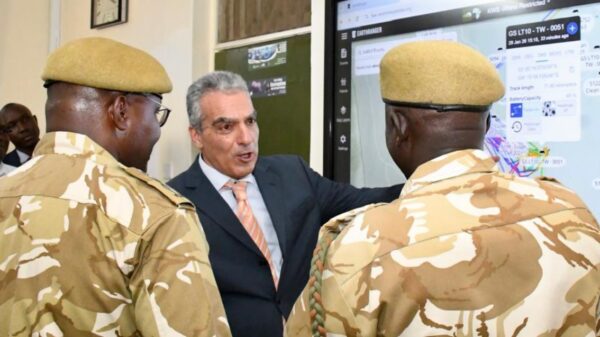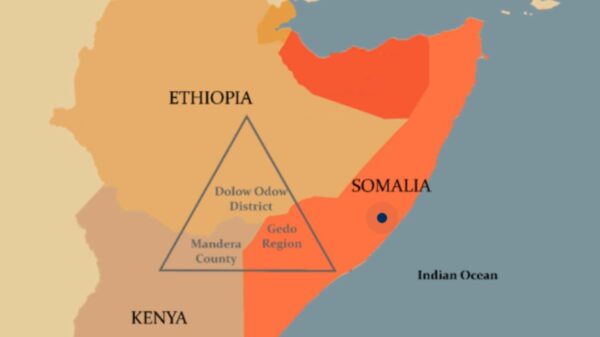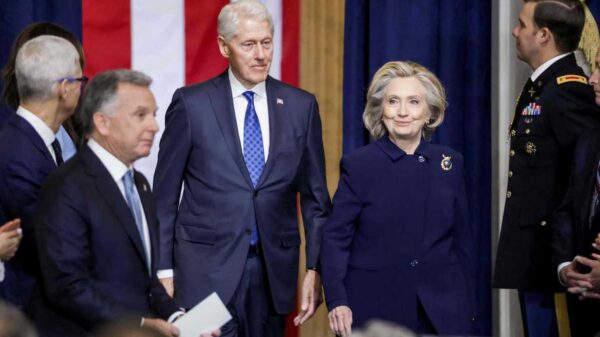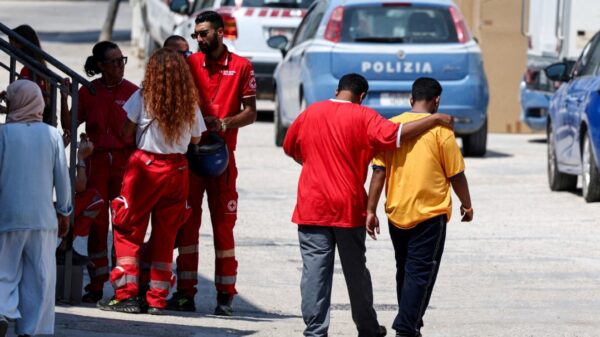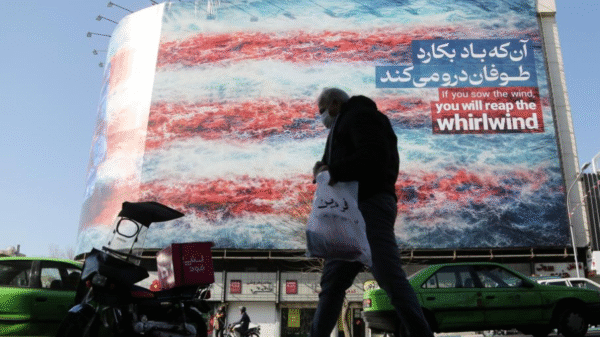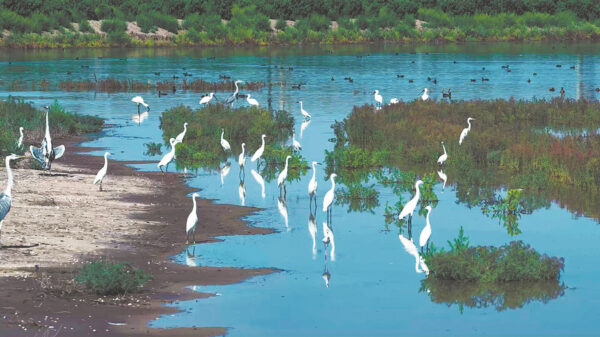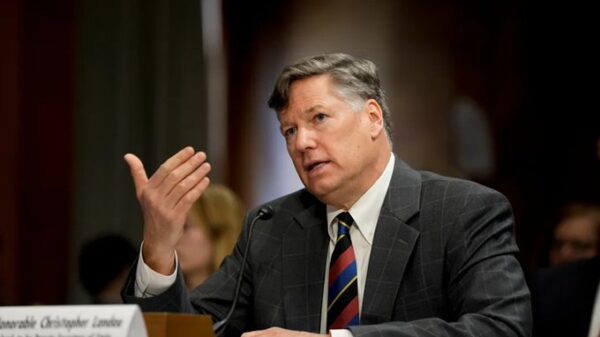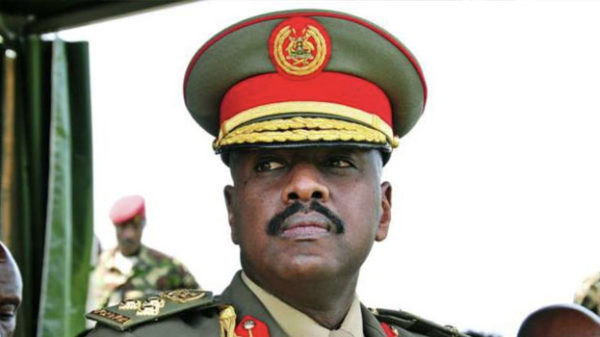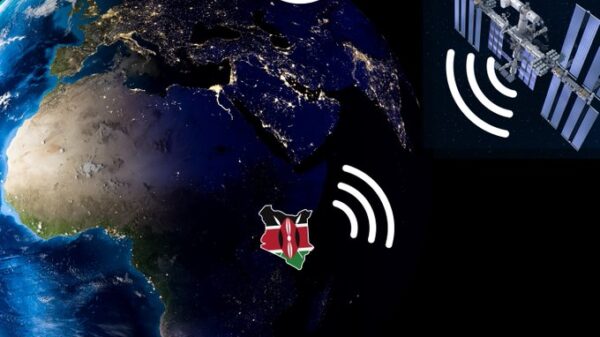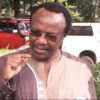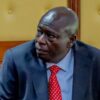 THE HAGUE, Netherlands, Nov 21 – There was a spirited push by the African Union and Kenya’s Attorney General at the ICC Assembly of States Parties on Thursday, as they advocated immunity against a sitting president, due to threats such action poses to peace and security.
THE HAGUE, Netherlands, Nov 21 – There was a spirited push by the African Union and Kenya’s Attorney General at the ICC Assembly of States Parties on Thursday, as they advocated immunity against a sitting president, due to threats such action poses to peace and security.
Kenya’s Attorney General Githu Muigai set the tempo when he said Kenya was a lynchpin for 250 million people in the East African region, and that the international community should not play Russian roulette with security.
“The International Criminal Court was not meant to be medicine that a patient takes to die; it is meant to be medicine that a patient takes to live,” he categorically declared in his address at the Assembly of States Parties of 122 nations.
He told the assembly of the need to consider the request by the African Union, pegging his appeal on peace and stability in the region, while at the same time reminding them of the uniqueness of the Kenyan situation where a sitting head of state Uhuru Kenyatta and his deputy William Ruto are facing crimes against humanity ICC trials.
“The impact of an indictment of a sitting president is serious, particularly on security of the region. It is not an academic argument that Kenya is the pillar of regional stability in East Africa, “he said. “”That is a fact.”
The African Union, in a requested presented to the assembly and adopted on Wednesday, wants Article 27 of the Rome Statute amended to shield sitting heads of state from indictment, arguing it undermines peace and security.
The agenda was subjected to intense debate on Thursday afternoon for consideration by the assembly members, and met equal opposition from civil society organizations and western nations who felt that exempting heads of state from prosecution while in office will likely promote impunity.
“There’s a threat of a constitutional order when you indict a sitting president,” Muigai went on in his strongly-worded statement. “The court was not intended to operate like it has a license to be politically irresponsible”.
“We’re not talking of immunity to shield an individual but immunity to guarantee a state to remain as a stable state. We don’t want states to collapse.”
He wondered why, across the world, there is immunity for heads of state, yet the Rome Statute does not guarantee immunity for sitting presidents.
“What is so unique with this court,” he posed, before adding that “If the immunity of Heads of State is good enough for the democratic sphere, then it is good enough for international sphere”.
In the Kenyan situation, the trial of Ruto, charged alongside a former radio journalist Joshua arap Sang is underway in The Hague while that of President Kenya is scheduled to start on February 5 next year.
Muigai told the assembly that while the trials may continue for the sake of justice, it is imperative to consider the need to foster peace and security, which are potentially undermined whenever a sitting head of state is on trial.
“When the curtains of the cases have closed, and the busy highly paid lawyers have retired – and the diplomats have also retired – the victims and the people of the respective countries continue to live in those countries where they need peace,” the AG who is part of the Kenyan delegation at the assembly meeting at the World Forum in The Hague said.
Others in the delegation include Foreign Cabinet Secretary Amina Mohamed, Director of Public Prosecutions Keriako Tobiko and Kenya’s ambassador to the UN Macharia Kamau.
The AU Legal Representative at the assembly was dismayed by what she termed as “continued selective of justice by the ICC.”
“What we have seen lately is of concern to us, the [ICC] court is practicing selective justice by only targeting African leaders,” she said. “That is not justice.”
Norway Foreign Minister Rolf Einar Fife who addressed the assembly via video link urged the assembly to note the difference between immunity and dignity.
“Peace and reconciliation are values that are not contrary to justice,” he said, as Netherlands called for a sober debate on the matter. Concerns of African States Parties are concerns of all States Parties.”
On its part, South Africa was giving example of the post-apartheid era where immunity was allowed after admission to promote reconciliation.
Without this, the South African team said, peaceful resolution is not possible.
Belgium reminded the Assembly of States Parties of their earlier resolution, when forming the court, that political time cannot interrupt legal time when it comes to impunity.
The debate was also marked by a middle ground, with some nations saying there can be use of video links in trial and still have leaders discharge their mandate.
The United Kingdom, a permanent member of the UNSC, which absconded a vote on another request by the AU for a deferral last week indicated it prefers use of video link in trying the Kenyan leaders to enable them discharge their mandate.
Local and international civil society organisations too held divergent views on the AU request, with some opposing the move.
Others like the African Forum for ICC, felt that the strategy employed by the AU was deemed to fail because adequate lobbying was not done and that the motion was presented a little too late, coming as an afterthought in the wake of a rejection of an earlier one seeking deferral of the Kenyan cases which was dismissed by the United Nations Security Council (UNSC).
AFI is instead proposing to the assembly to order the creation of an independent panel to probe the ICC Prosecutor who has been accused of conducting flawed investigations and relying on civil society reports to try the Kenyan cases.
“It is not the right approach because the amendment the AU is asking for will not benefit Kenya much. They should first ensure the prosecutor is investigated on the issues raised before the trial can proceed,” David Matsanga, the Secretary General of the organization said.
The African Union request was not subjected to a vote after Thursday’s debate because the proposed amendments were not tabled within the three-month time frame required under ASP rules.
Informed sources in the Kenyan delegation to the assembly have told Capital FM News of plans to seek support from more nations, with a view to have a special session called later to necessitate a vote on the amendments.

